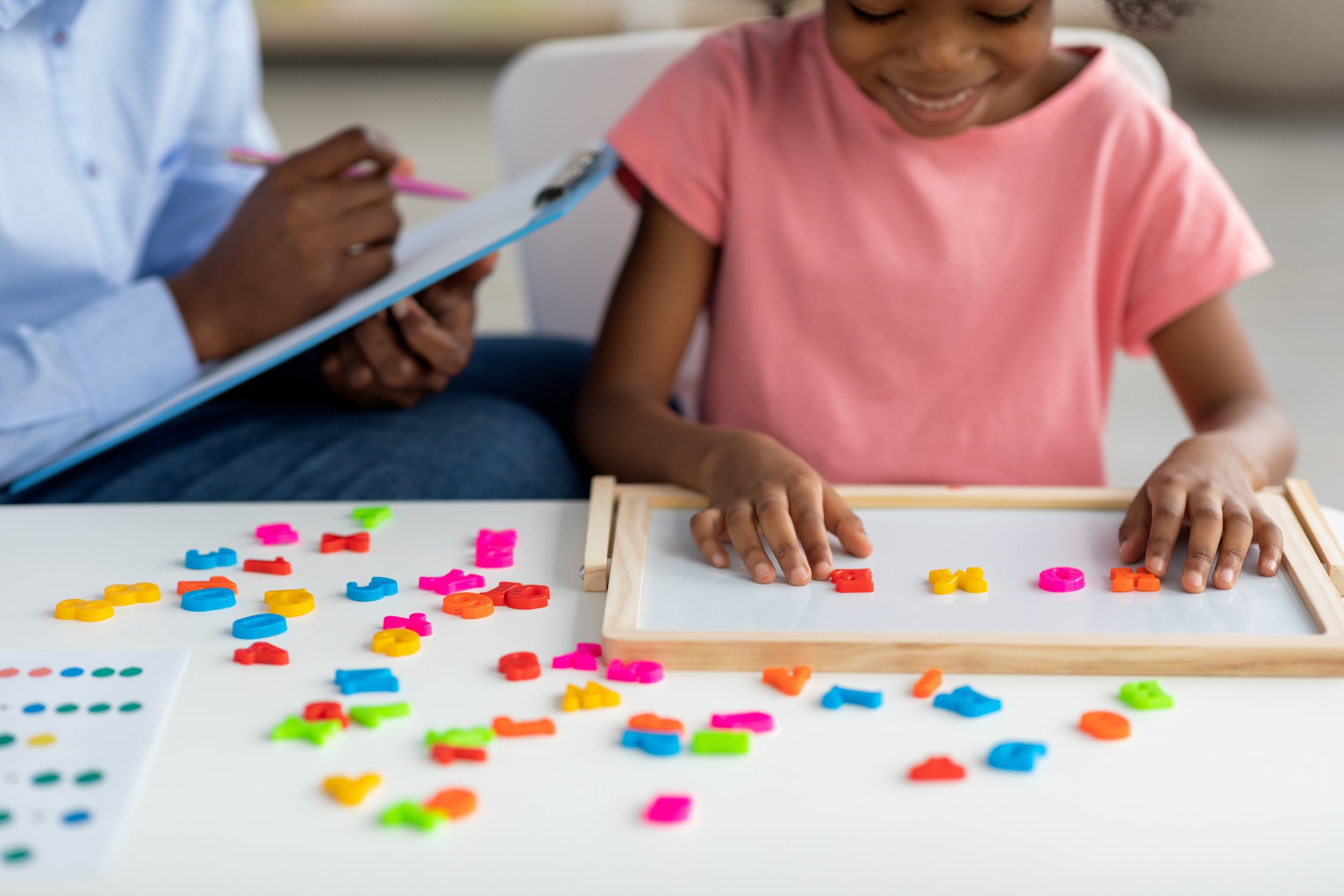Assessments
Assessments are a vital stage of the Occupational Therapy process; they provide the therapists with a tool to gather important information regarding your child and the difficulties they are facing.
Assessments can be completed where ever you require, including at school at home or in our clinic
Our Services
-

Assessment
There are four main reasons why occupational therapists complete assessments, they are:
• To identify any concerns or difficulties and how they impact upon daily occupations
• To prioritise main concerns
• To naturally observe the child completing activities in school or at home
• To observe social relationships and how they affect activities
All of our assessments are used to analyse how your child completes daily activities, the results of which will be used to create a therapy plan.
Daily activities refer to the activities an average child completes, consisting mainly of three areas: play, school and home life.
Typical childhood daily activities include self-care tasks such as dressing and toileting, following daily routines, attending to academic tasks such as handwriting and engaging in play.
-

Functional Capacity Evaluations (FCE)
Why would your child or teenager require a Functional Capacity Assessment?
Your NDIS representative may request completion of an FCE. This may be because of a change in your child’s functioning, circumstances or support needs.
An FCE will aid in determining:
if your child needs assistive technologies/equipment, environmental modifications or other resources
to identify goals
to guide planning for future therapies
to guide planning for transition to adulthood.
An occupational therapist’s role is to evaluate an individual’s needs and determine their level of functioning.
The OT will assess your child’s functional capacity by:
Observing to gain an understanding of their ability to perform daily living activities.
Completing assessments to evaluate current abilities, challenges and sensory preferences.
Gathering information from family, other multidisciplinary team members and school to build a picture of your child’s social, medical, developmental and academic history.
Providing a detailed report with recommendations for goals, assistive technologies, environmental modifications and strategies to promote development and wellbeing.
